The city's issuance of international bonds will mobilize capital for infrastructure investment and reduce ODA loans, according to Dr. Tran Du Lich.
Mr. Lich's opinion was raised at the conference to implement Resolution 98 on implementing a number of mechanisms and specific development features of Ho Chi Minh City on the afternoon of July 15. Resolution 98 was passed by the National Assembly on June 24, giving the city a number of specific mechanisms and policies in many areas such as infrastructure investment, budget finance, construction - planning, attracting strategic investors, organizational structure...
According to Mr. Lich, this content was proposed by the city government but was not included in the resolution. "However, there is still an open point for Ho Chi Minh City to study and implement soon," Mr. Lich said.
Specifically, Resolution 98 clearly states that for issues with other contents that are not yet regulated in laws and resolutions of the National Assembly, but to meet urgent requirements in attracting strategic investment and mobilizing domestic and foreign resources for investment in socio-economic development, Ho Chi Minh City reports to the Government to submit to the National Assembly for consideration and decision.
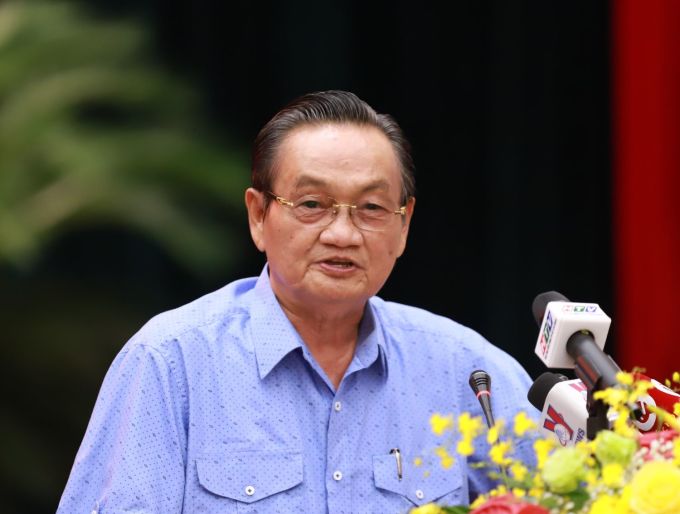
Dr. Tran Du Lich speaks at the conference on the afternoon of July 15. Photo: An Phuong
According to economic experts, issuing international bonds is the key to solving capital sources for the city, first of all, completing the Metro system soon. Along with that, the Government and the city, specifically the Ministry of Planning and Investment, should soon submit to the National Assembly a project to establish the Ho Chi Minh City International Financial Center to create a breakthrough to attract strategic investors. Mr. Lich said that commercial loans are sometimes cheaper than ODA.
Previously, the mechanism for issuing international bonds was also included by the Ho Chi Minh City People's Committee in the draft Resolution on piloting a number of specific mechanisms and policies for the city's development submitted to the National Assembly.
Explaining the proposal, the city said that the current capital mobilization from bonds has not been fully effective. Accordingly, Ho Chi Minh City can only issue local government bonds to mobilize domestic capital. If it wants to borrow from abroad, it still has to follow the procedures according to current laws. Thus, it will not basically shorten the implementation time, create transparency and enhance the responsibility of localities for the bond capital paid from the city budget.
In addition, if only domestic bonds are issued, the number of potential bondholders is small, and the mobilization interest rate is often higher than that of capital mobilization from international financial institutions. Therefore, the mobilization efficiency is low and the mobilization cost is high, potentially posing a risk of budget waste.
Meanwhile, the demand for investment capital for key infrastructure projects in Ho Chi Minh City is huge. Particularly for the public railway and tram systems, in addition to Metro Line 1 (1.9 billion USD) which has been basically completed; Metro 2 (phase 1: 2 billion USD) and Metro 5 (phase 1: 1.7 billion USD) which have identified funding sources from sponsors, the remaining 9 Metro projects and 3 light rail projects with a total estimated investment capital of 16 billion USD have not yet identified funding sources.
Therefore, if only issuing domestic bonds, it is impossible to mobilize large and cheap capital sources to implement these projects.
Le Tuyet
Source link




![[Photo] Overcoming all difficulties, speeding up construction progress of Hoa Binh Hydropower Plant Expansion Project](https://vstatic.vietnam.vn/vietnam/resource/IMAGE/2025/4/12/bff04b551e98484c84d74c8faa3526e0)
![[Photo] Closing of the 11th Conference of the 13th Central Committee of the Communist Party of Vietnam](https://vstatic.vietnam.vn/vietnam/resource/IMAGE/2025/4/12/114b57fe6e9b4814a5ddfacf6dfe5b7f)


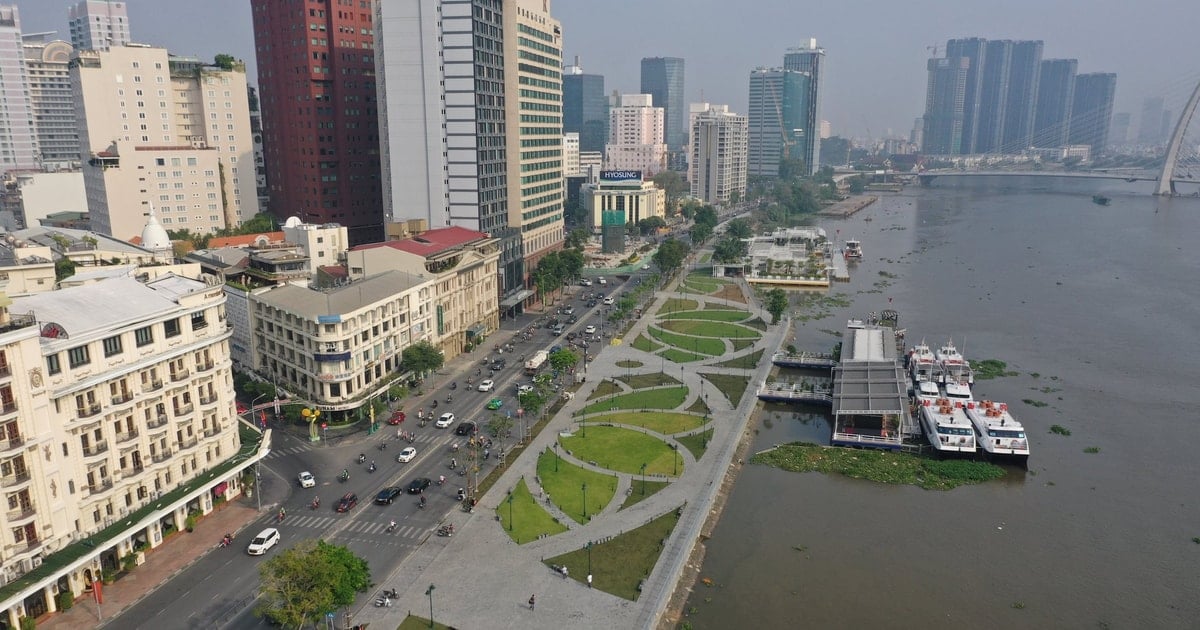

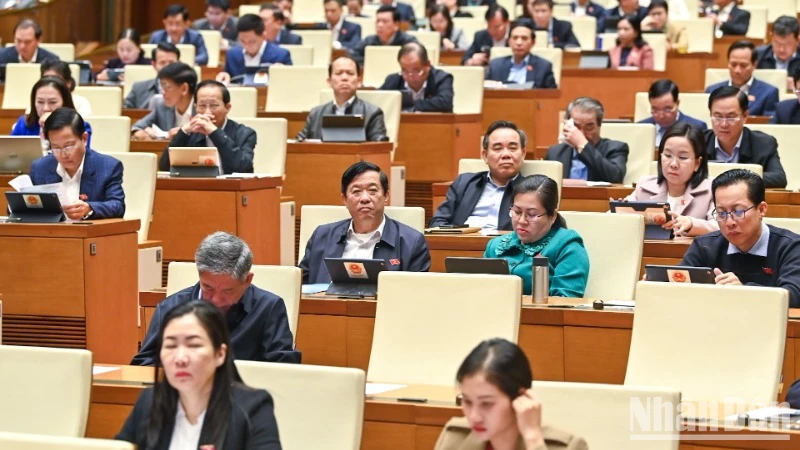

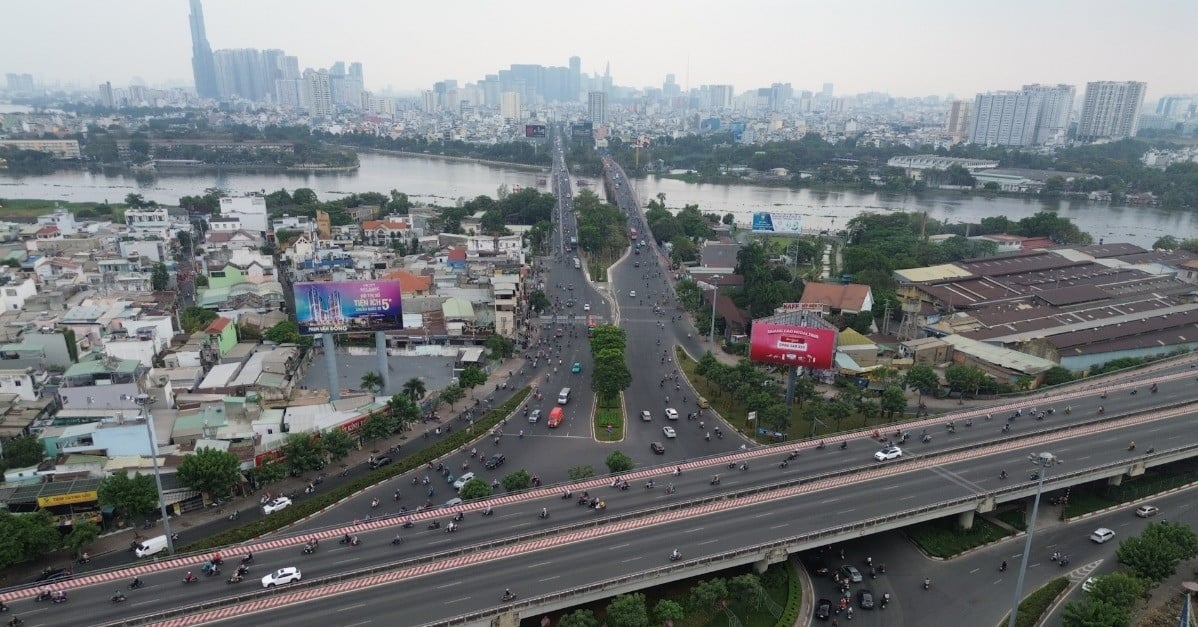

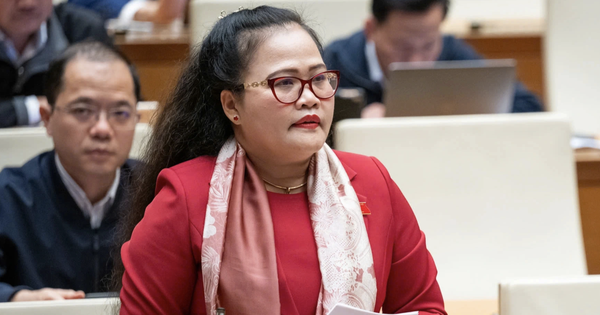

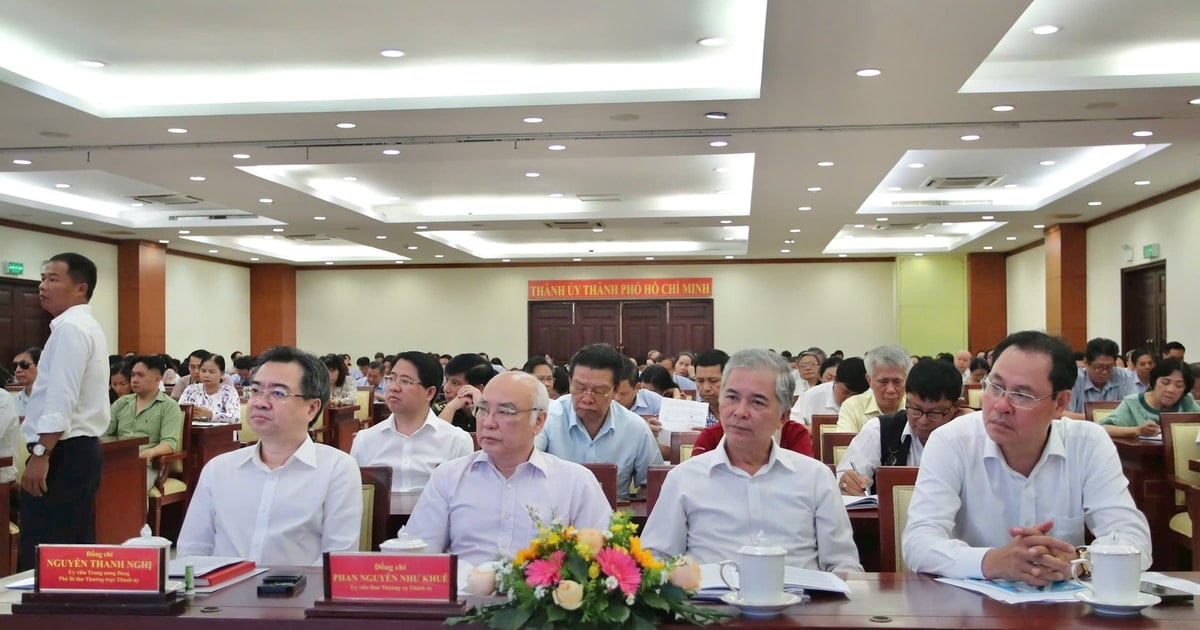

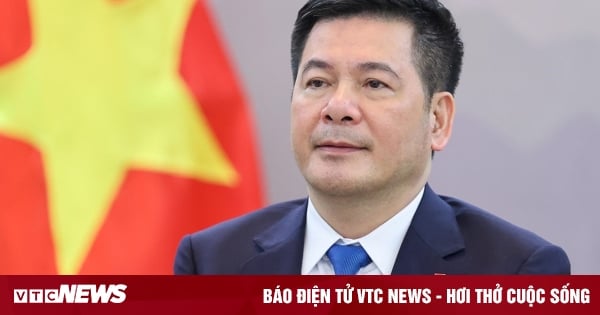


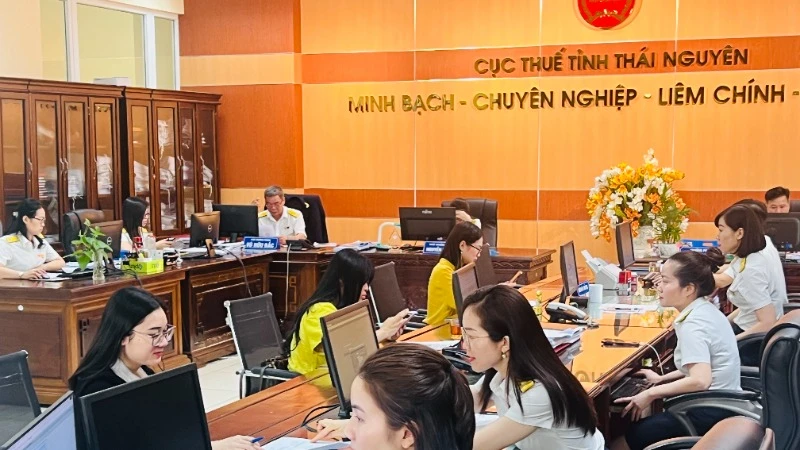
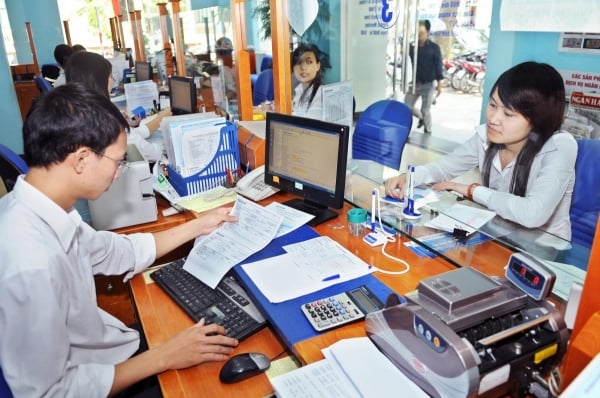










































































Comment (0)